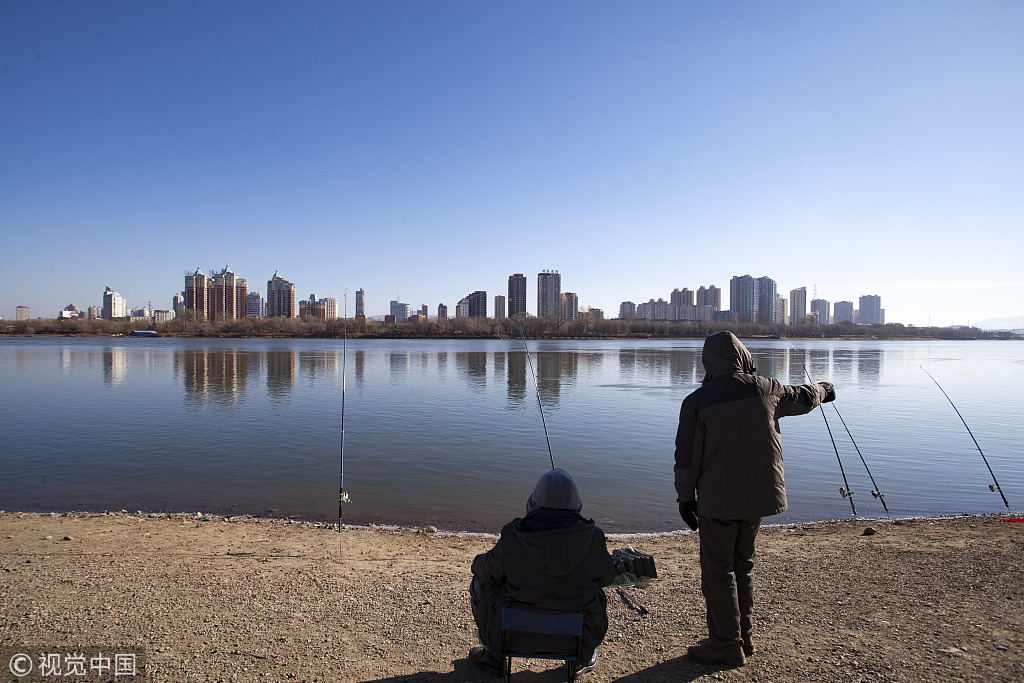Life expectancy of Chinese extends by half-year thanks to improved air quality: research


Life expectancy of Chinese has increased by half a year thanks to improved air quality, according to statistics recently published by the Energy Policy Institute of Chicago University (EPIC).
China's war on air pollution in recent years has paid off. In 2016, concentration of PM2.5 (or particulate matter with a diameter of 2.5mm or less) has dropped by 12 percent compared with 2013, EPIC Director Michael Greenstone told Science and Technology Daily on Wednesday.
As part of the global effort to combat air pollution, China's anti-pollution campaign has added six months to its people's lives, according to the Air Quality Life Index (AQLI) released by EPIC.
The AQLI is a measurement designed by EPIC to quantify the causal relationship between long-term human exposure to particulate pollution and life expectancy.
Henan province for example, one of the most polluted areas in China, has seen its PM2.5 concentration reduced by 20 percent from 2013 to 2016, meaning that residents' lives could extend by 1.3 years.
Particulate pollution is the single greatest threat to human health globally, according to a report published by EPIC in September, with its effect on life expectancy exceeding that of severe communicable diseases such as HIV/AIDS and tuberculosis, behavioral killers like smoking and even war.
Seventy-five percent of the global population, or 5.5 billion people, live in areas where particulate pollution exceeds WHO guidelines. The guidelines stipulate that the annual mean of PM2.5 should not exceed 10 micrograms per cubic meter.
According to EPIC's research, Chinese people's lifespan would increase by three years if the country met WHO guidelines.
The Chinese government since 2013 has taken a series of measures to reduce air pollution, such as curbing pollution by industrial enterprises, cutting coal consumption, and improving emergency responses to heavy pollution weather.
Robert O'Keefe, vice-president of the US Health Effects Institute, told Science and Technology that China's efforts to address air pollution has brought substantial health benefits to the public, with incidences of premature death and cardiovascular and respiratory diseases decreased.
- Liaoning fire: Report urges legal action against restaurant operator and seven others
- Historical Han Dynasty slips go on display in Hohhot
- Shanghai unveils steps to build sci-tech innovation corridor in Yangtze River Delta
- Xiangchao concludes with Yongzhou claiming championship
- Answers
- CPC leadership meeting urges steadfast implementation of eight-point decision on improving conduct





































